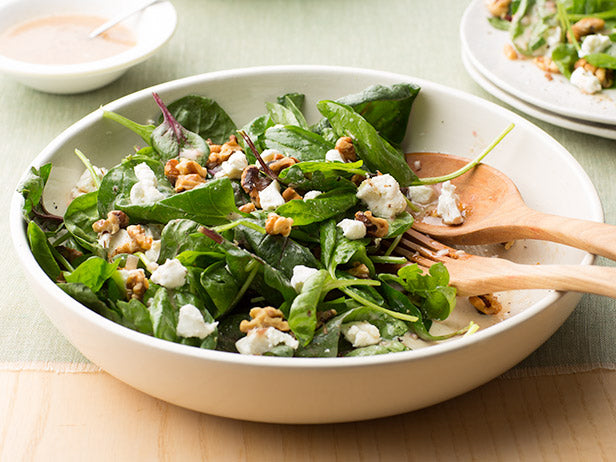Dr Muriel Emma Bell was born in Murchison in 1898 and died in Dunedin in 1974.
Her early research into fats and cholesterol tackled the nutrition-related aspects of coronary heart disease. Long before the phrase became popular she was committed to the understanding that "we are what we eat" and she saw nutrition as a cornerstone of individual and public health.
She researched the vitamin content of New Zealand grown vegetables, fruit, fish and cereals and encouraged New Zealanders to eat more fruit and vegetables. This advice to eat more fruit, vegetables, whole grains and milk products and to cut down on sugar, fat and meat was revolutionary at the time. Investigating the causes of increasing tooth decay, she spent a sabbatical in Harvard where she researched the effects of fluoridated water, returning to New Zealand to campaign for fluoridation.
After high school in Nelson Dr. Muriel Bell won a junior scholarship in 1916 to study at Victoria University, Wellington. However, in 1917 she transferred to Otago Medical School and in 1926 was awarded an MD degree (Doctor of Medicine—a PhD in Medicine). Dr Bell’s thesis related to metabolism in goitre and resulted in the introduction of iodised salt as her research demonstrated that increased dietary iodine could protect against goitre.
Her career was dedicated to nutrition and its effects on New Zealanders’ health, working from a standpoint of social concern especially for women and children. The impetus to study medicine came from her medical student elder brother, who was invalided back from Gallipoli to New Zealand. Thus in 1917 she enrolled together with seven other women in a class of thirty.
Muriel Bell subsequently pursued a career in research and after spending time overseas researching vitamins and minerals—an exciting new possibility to cure deficiency diseases—she returned to Dunedin in 1935.
From 1938 to 1964 she was Director of Nutrition Research at Otago Medical School. From this position Dr Bell campaigned for improvements to the food supply and initiated various health promoting public health measures, always trying to find effective ways to communicate the results to the public. The nutritional value of flour and bread were improved; ensuring the quality and safety of milk to encourage milk drinking as part of the daily diet was an important goal and she worked to have milk pasteurised and delivered in covered trucks.
Muriel Bell was appointed as the first Nutrition Officer in the Department of Health in 1940 and held this position until retiring in 1964. During that time she took a leading role in founding a recognised training course and subsequently the registration of dietitians. When the Medical Research Council was set up in 1937 she was a foundation member, serving on its Nutrition Committee, and was the sole woman on the Board of Health. Further pioneering research on vitamins and minerals helped to prevent deficiency diseases and later to optimise public health interventions. She organised the use of rosehips for Rosehip syrup as a source of vitamin C during WWII (she describes this in the podcast noted in the references below) when she also advised the NewZealand Red Cross on the vitamin value of food parcels sent to soldiers serving abroad. Immediately after the war she was responsible for writing guidelines and scales for food rationing.
As Professor Barbara Brookes states in Corpus ‘That we no longer worry about suffering from goitre and that many children now have filling-free teeth is, in no small part, due to Muriel Bell’s sustained efforts.’




Leave a comment
This site is protected by hCaptcha and the hCaptcha Privacy Policy and Terms of Service apply.